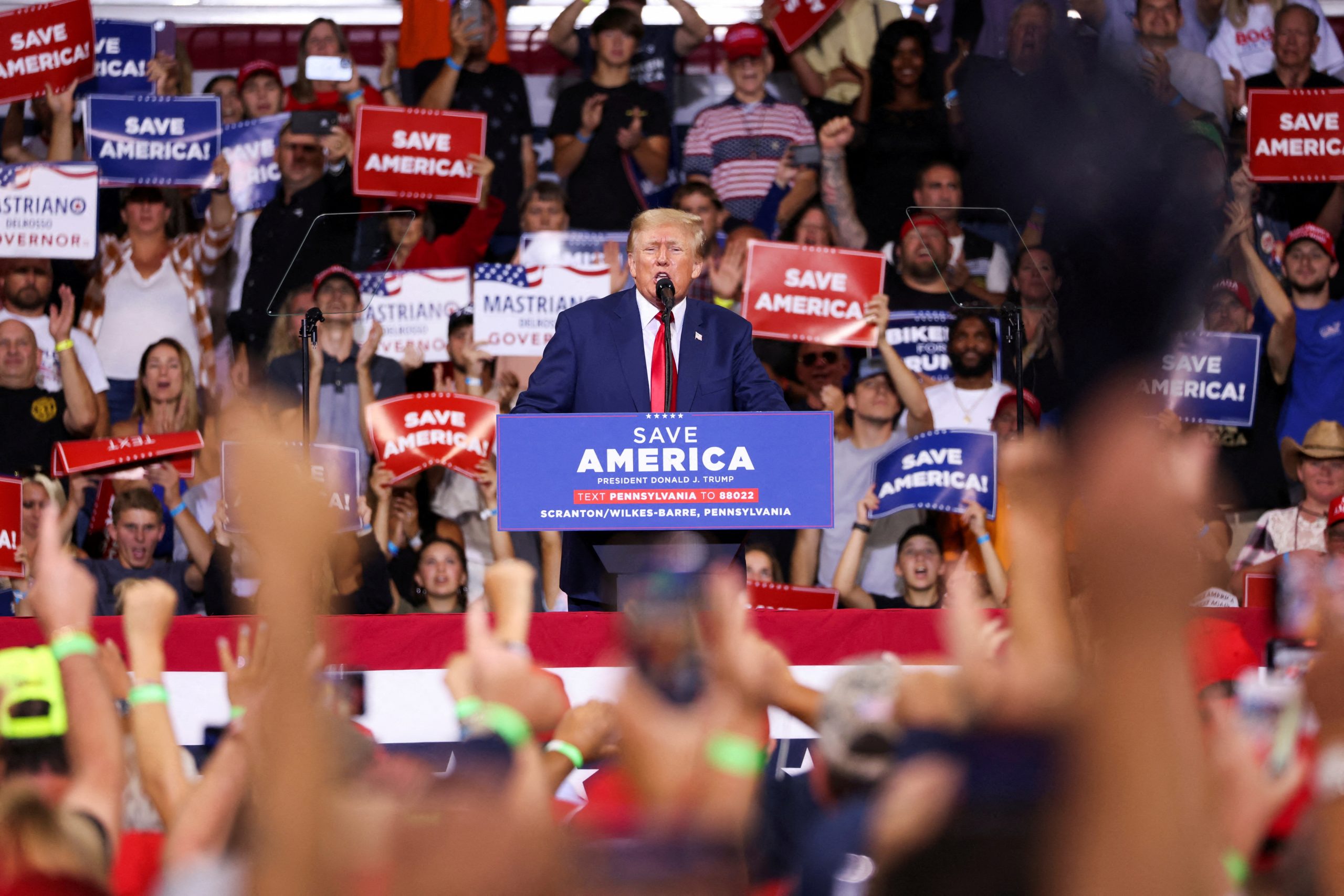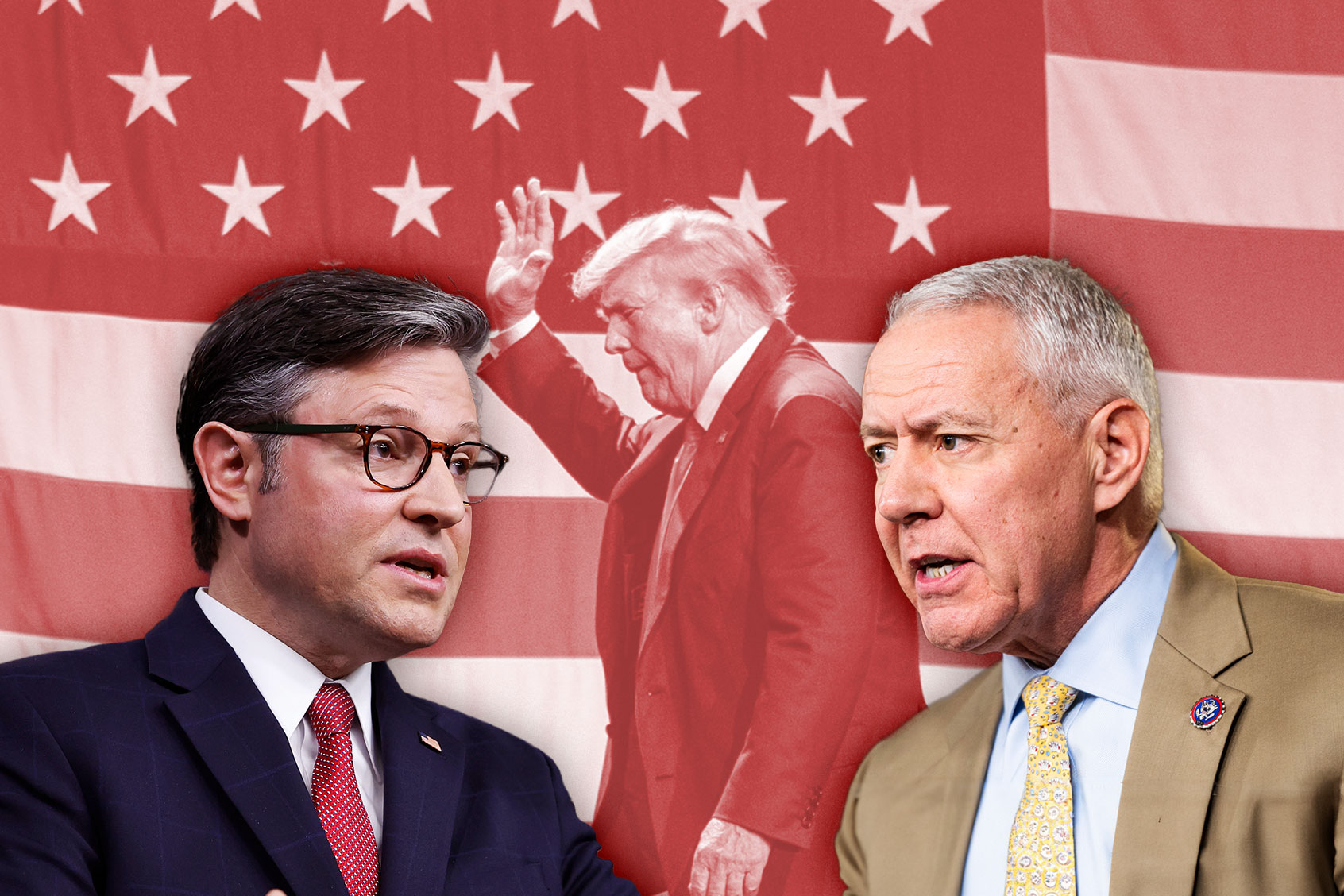In just a few months, the House Republicans have witnessed a shift in their perceptions of leadership. The transition from Rep. Kevin McCarthy to Rep. Mike Johnson as Speaker of the House marked a significant change. Initially hailed as a triumph, Johnson’s popularity quickly dwindled. Recent events, such as the sparse attendance at the congressional retreat, reflect this waning support.
The choice of venue for the retreat, the Greenbrier Resort, received criticism, signaling dissatisfaction among Republicans. Johnson’s focus on topics like declining church membership during previous gatherings further fueled discontent among members seeking guidance on electoral strategy.
However, the issues within the Republican Party extend beyond Johnson. The influence of Donald Trump and the broader MAGA movement exacerbates internal tensions. Authoritarian tendencies prioritize conformity over productive discourse, hindering effective collaboration. Competing for attention and support within this framework often leads to divisive tactics rather than constructive engagement.

Trump (Credits: Reuters)
Rep. Ken Buck’s abrupt departure further highlights these internal fractures. His exit not only diminishes the already slim Republican majority but also jeopardizes the political future of figures like Rep. Lauren Boebert. Boebert’s penchant for attention-grabbing stunts aligns with the prevailing trend of prioritizing sensationalism over substance.
Moreover, the push for President Biden’s impeachment underscores the misalignment between the MAGA agenda and broader party interests. While such endeavors may boost individual profiles within the movement, they risk alienating crucial voter demographics and undermining the party’s credibility.
Figures like Buck and Senate Minority Leader Mitch McConnell, while not without their flaws, represent a different era of conservative politics. Their willingness to engage in coalition-building and compromise contrasts sharply with the confrontational approach favored by many within the MAGA faction.
In essence, the current dynamics within the Republican Party reflect a struggle between tradition and extremism, with implications for both internal cohesion and broader electoral strategy.























